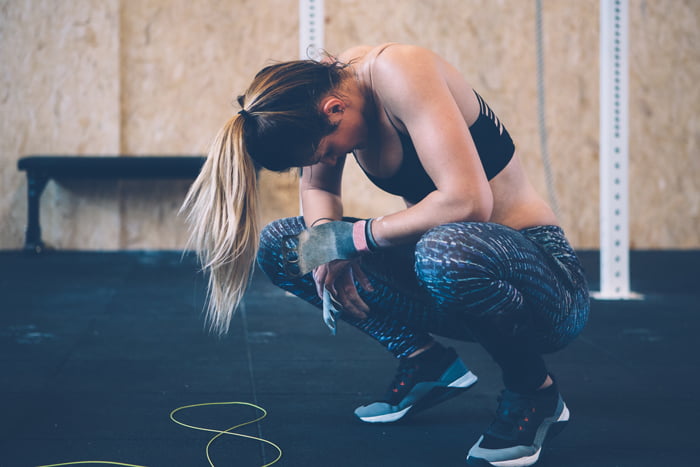It’s actually a myth in developed countries that we don’t get enough protein in our diets. In fact, we are most definitely consuming way too much protein – especially the animal type.
Sometimes athletes such as body builders, boxing and wrestling can harbor on the low to absolutely minimum protein range, due to dieting and possibly excessive fasting.
Long periods of time without protein can cause some diverse effects such as the following:
7 symptoms of protein deficiency
Poor wound healing – The rate at which we heal ailments on our bodies depends on the amount of protein we consume
Muscle used as energy – you can guess that this means your muscle begins to waste away. If you are training or exercising, you won’t have enough protein in your system for muscle growth and repair. Instead, it will be used as an energy source by your body. This will decrease your metabolism immensely, as well as cause cramps, weakness and soreness in your body. Your energy levels will plummet as a result.
Brittle hair and nails – when you lack protein (and iron for that matter) your body goes into preservation mode, only allowing for the essential functions. Your nails and hair growth and repair are put on hold. This can lead to brittle, chipped and split nails, hair loss or breakage, even baldness
Your focus will become scattered – Proteins allow our brains to function effectively, and the amino acid tyrosine promotes neurotransmitters that keep our energies strong and focused. You may recall the symptoms of brain fog, which is quite similar to protein deficiency.
Development of anemia (especially for women) – Anemia is the result of not enough red blood cells to carry oxygen throughout the body. Protein contains iron, B12 and folate. This is sometimes the case for those on vegan diets who are not eating enough high protein and iron sources from vegetables and plant sources. Lack of Iron promotes tiredness, exhaustion and the inability to function optimally.
Increased risk of bone fractures. Protein helps us increase our bone density and strength. With a lack of protein, you may be inclined to experience fractures and weaken bones. This is prevalent in more mature adults, and it’s essential they consume more than the recommended amount of protein per day (if they are training)
Lack of satiety, therefore, increased hunger. Protein is what keeps us full for longer periods of time, preventing cravings and endless snacking when we aren’t really hungry. When you don’t eat enough protein, you can be sure your body is craving this, therefore, your appetite will increase and are therefore, more susceptible to eating larger amounts of food to compensate.
Although you do not need vast amounts of protein, it’s essential to consume the correct amount, especially if you are training hard. Your energy, strength and focus will increase, and you will find training very effective in building and repairing your muscle building attempts. Don’t forget that plant sources do contain protein too, and I would suggest you consume mostly plant protein because of the vast amount of vitamins and minerals it contains.
I do hope this helps you.
Website: Visit to connect with me
Facebook: Ange Dim
Instagram: Ange Dim (@angedim10) • Instagram photos and videos
